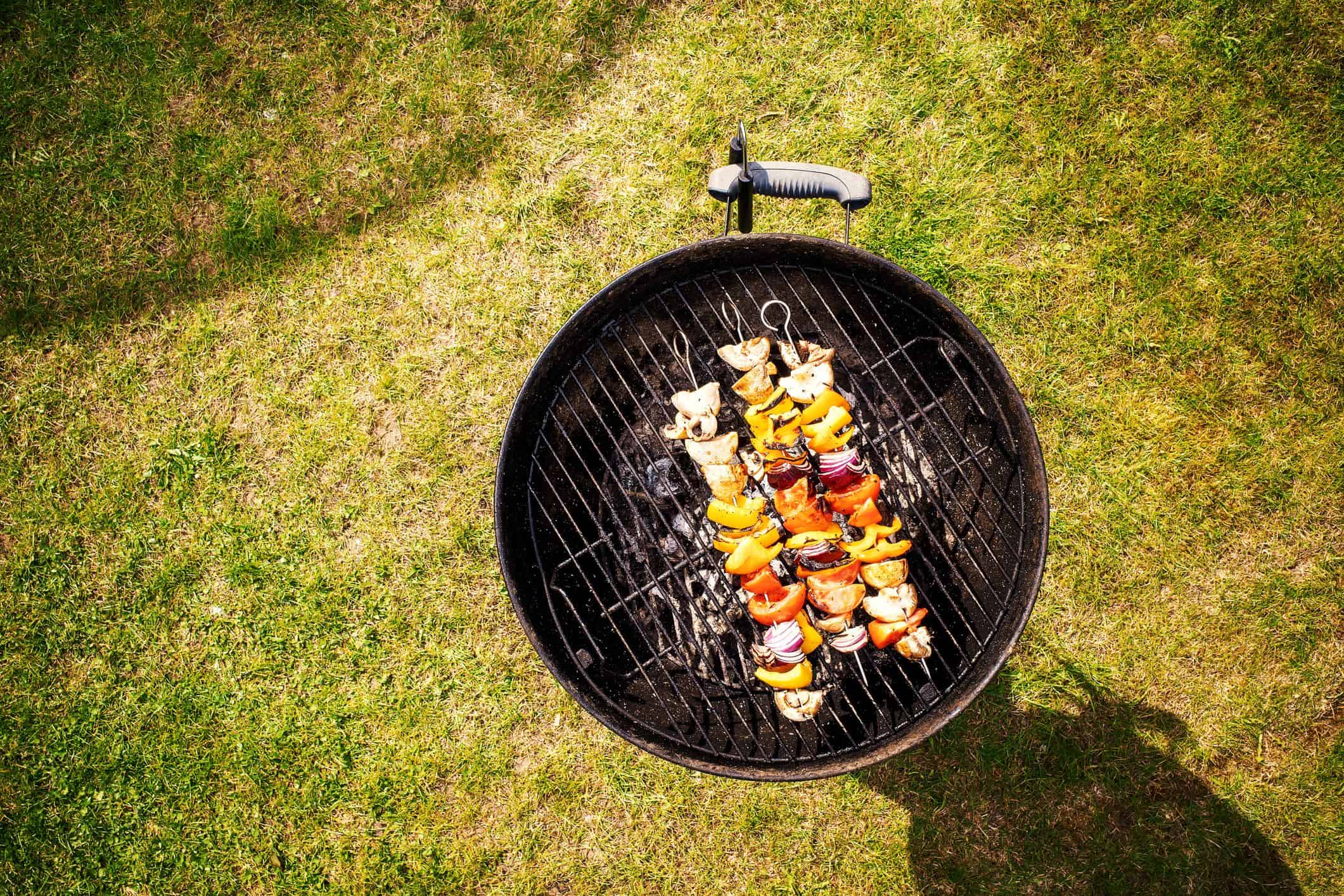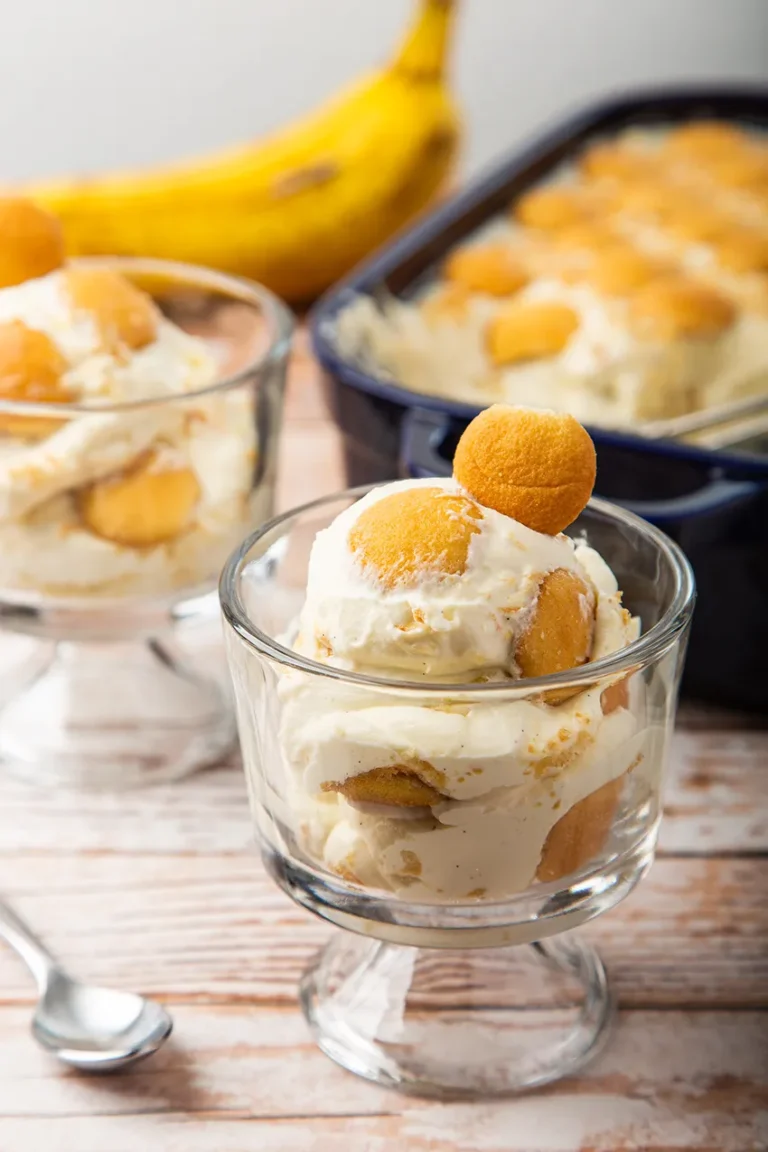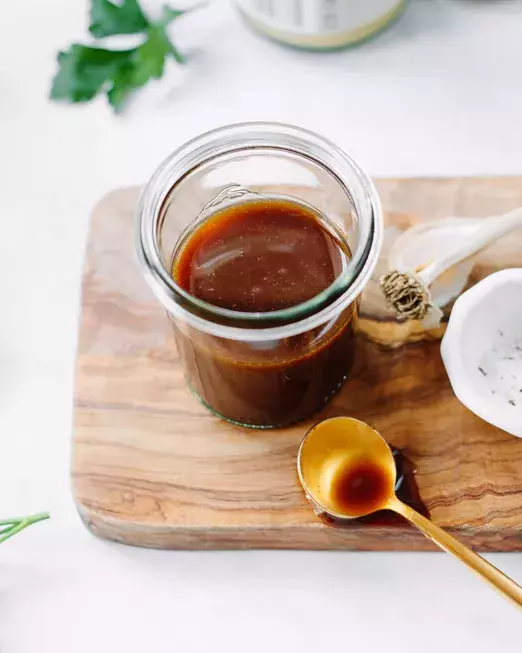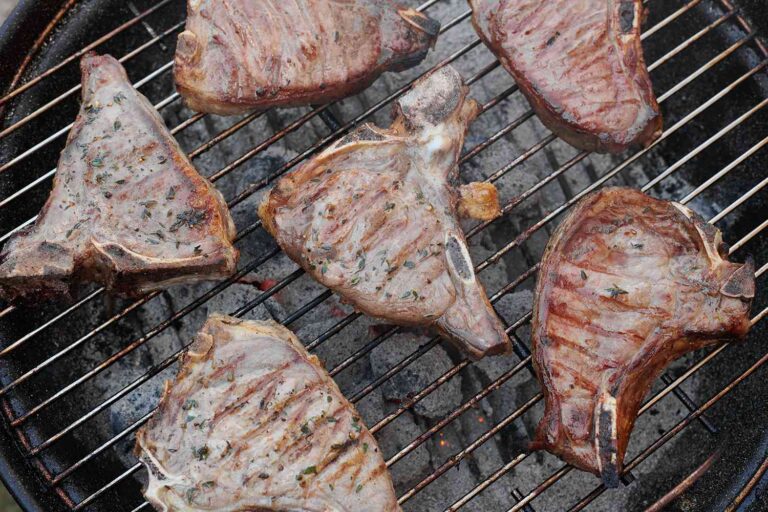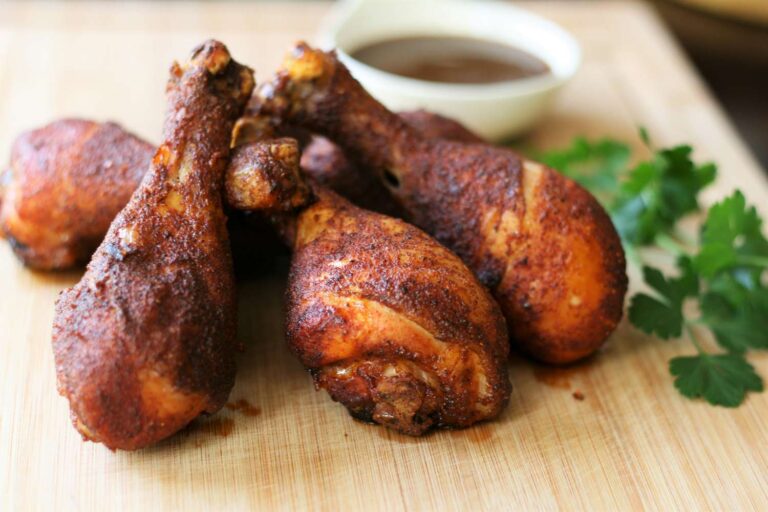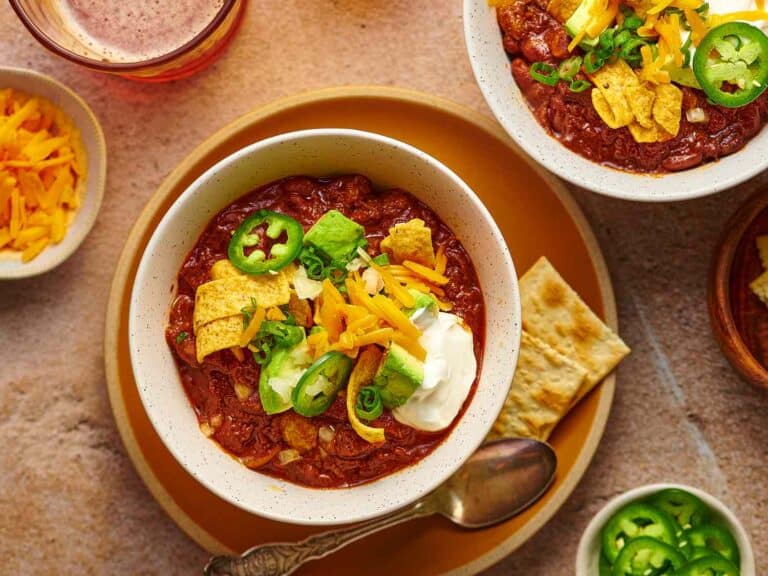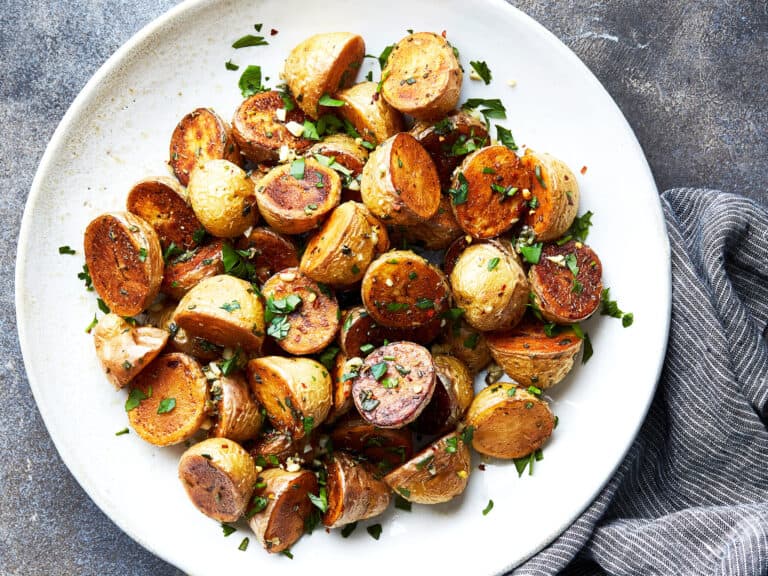Sustainability Tips for an Eco-Friendly Thanksgiving BBQ

Thanksgiving is a time to gather, give thanks, and indulge in delicious food. But if you’re anything like me, you also want to make sure that your celebrations are as kind to the planet as they are to your taste buds.
This year, why not host a Thanksgiving BBQ that’s both festive and eco-friendly? Whether you’re grilling a traditional turkey or opting for a plant-based feast, there are plenty of ways to make your BBQ sustainable. Let’s dive into some tips for an eco-friendly Thanksgiving BBQ to reduce your environmental footprint while still enjoying a mouth-watering holiday meal.
Reducing Food Waste at Your BBQ
One of the biggest challenges of any large gathering is food waste. It’s all too easy to overestimate how much food you’ll need, leading to a fridge full of leftovers and a guilty conscience. But with a little planning, you can minimize waste and make the most of every bite.
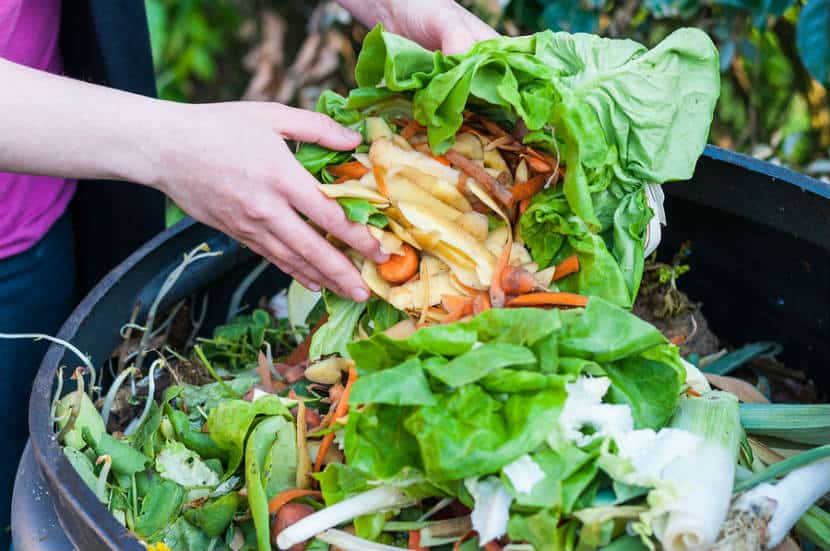
Portion Control and Leftover Ideas
When planning your Thanksgiving BBQ, the first step to reducing food waste is portion control. Consider how much each guest is likely to eat and plan accordingly. It’s always tempting to go overboard, especially with all the mouth-watering sides and desserts, but remember that less is more when it comes to sustainability.
To help with portion control, use smaller plates and bowls. This encourages guests to take smaller servings initially, knowing they can always come back for seconds. And if you do end up with leftovers, don’t worry—there are plenty of creative ways to repurpose them. For example:
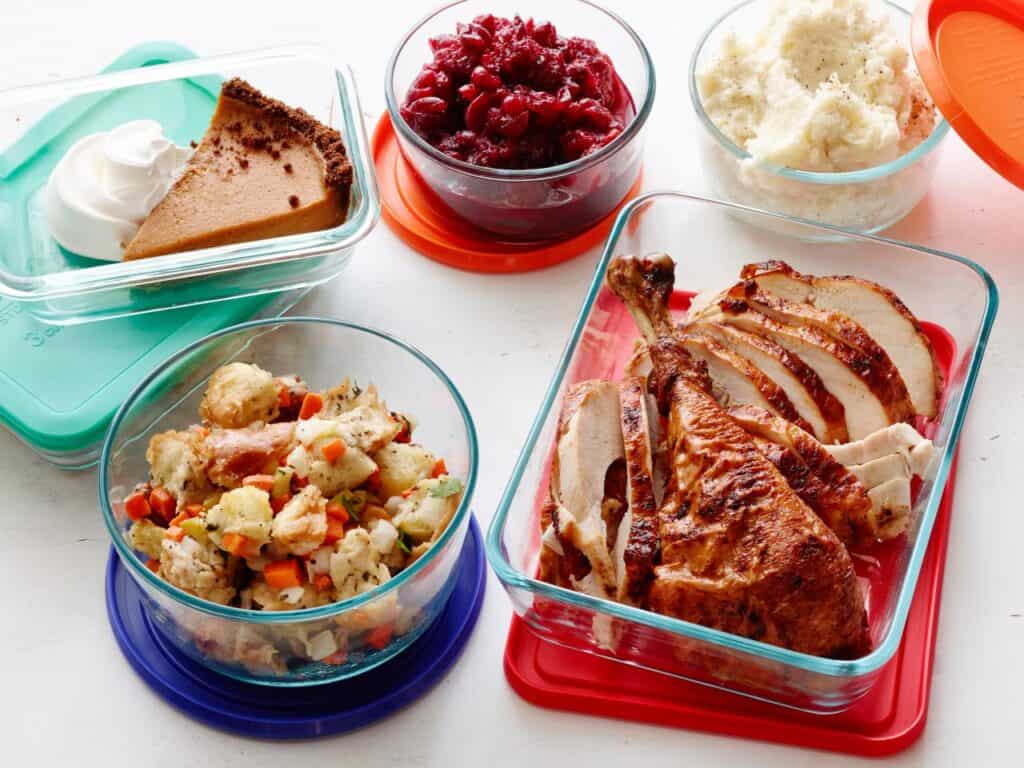
- Turkey Tacos: Shred leftover turkey for a taco night the day after Thanksgiving. Add some fresh salsa, avocado, and lime, and you’ve got a new meal that’s just as satisfying.
- Stuffing Muffins: Leftover stuffing can be baked in a muffin tin for a fun twist on a classic dish. These are perfect for a quick snack or breakfast the next day.
- Pumpkin Pie Smoothie: Turn that last slice of pumpkin pie into a smoothie by blending it with some almond milk and a banana. It’s a delicious way to start the day without any waste.
Composting and Recycling Tips
After the feast, there’s bound to be some waste, but not all of it has to end up in the landfill. Composting is a fantastic way to give your food scraps a second life as nutrient-rich soil. If you don’t already have a compost bin, consider starting one this Thanksgiving. Most food waste, including vegetable peels, coffee grounds, and even some paper products, can be composted.
To make composting easier for your guests, set up a clearly labeled compost bin next to your trash and recycling bins. This makes it simple for everyone to know where their waste should go. And speaking of recycling, make sure to rinse and sort any recyclable materials before tossing them into the recycling bin. Aluminum foil, glass bottles, and certain plastics can often be recycled, but it’s essential to check with your local recycling program to know what’s accepted.
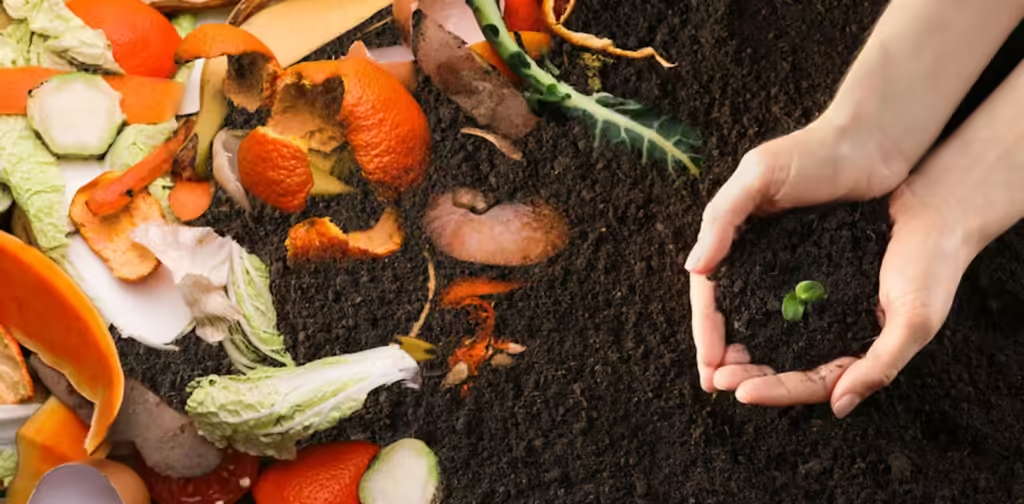
Choosing Sustainable BBQ Supplies
Hosting an eco-friendly BBQ isn’t just about what you eat—it’s also about the supplies you use. From plates and cutlery to the fuel for your grill, every choice you make can have an impact on the environment.
Eco-Friendly Plates and Cutlery
It’s easy to reach for disposable plates and plastic cutlery when hosting a large gathering, but these items can take centuries to decompose. Instead, consider more sustainable options. If you’re hosting a smaller group, using real dishes and cutlery is the best choice. Yes, it means more washing up, but it’s worth it for the planet.
If you need to use disposable items, look for those made from eco-friendly materials. For example, plates made from bamboo or sugarcane are both sturdy and biodegradable. Compostable cutlery made from cornstarch or other plant-based materials is also a great alternative to traditional plastic.
Another option is to encourage guests to bring their own reusable plates and cutlery. This not only cuts down on waste but also adds a fun, communal aspect to the meal. You can even make a game out of who brought the most unique or creative set!

Sustainable Charcoal and Fuel Options
The type of fuel you use to grill your Thanksgiving feast can also make a big difference in your BBQ’s carbon footprint. Traditional charcoal briquettes are often made from unsustainable sources and can release harmful chemicals when burned. Instead, opt for more eco-friendly grilling options.
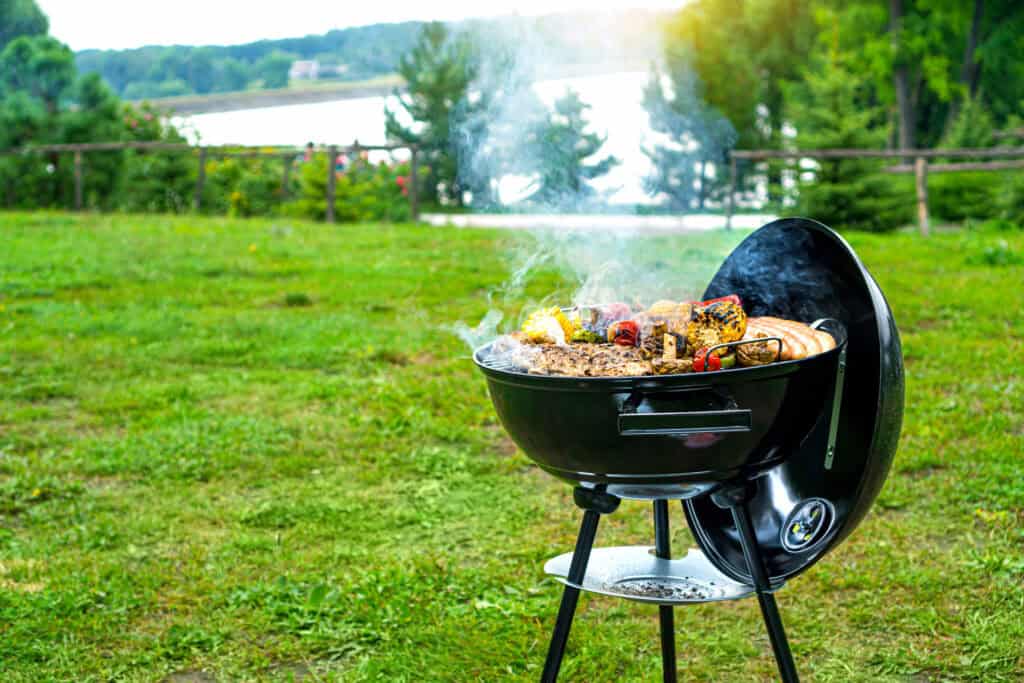
- Lump Charcoal: Made from hardwood, lump charcoal is a more natural option. It burns cleaner and doesn’t contain the additives found in traditional briquettes.
- Sustainably Sourced Briquettes: If you prefer the convenience of briquettes, look for brands that are made from sustainably sourced wood and are free from harmful additives.
- Propane and Natural Gas: These options are cleaner-burning than charcoal and produce fewer emissions. While they’re not perfect, they’re a step in the right direction if you’re looking to reduce your BBQ’s environmental impact.
If you’re feeling adventurous, you could even try a solar-powered grill. These grills use the sun’s energy to cook your food, making them the ultimate eco-friendly option. They’re a bit more of an investment, but for the serious BBQ enthusiast, they’re worth considering.
Hosting a Zero-Waste BBQ
Achieving a completely zero-waste BBQ might sound challenging, but with some thoughtful planning, it’s entirely possible. The key is to focus on reducing, reusing, and recycling wherever you can.
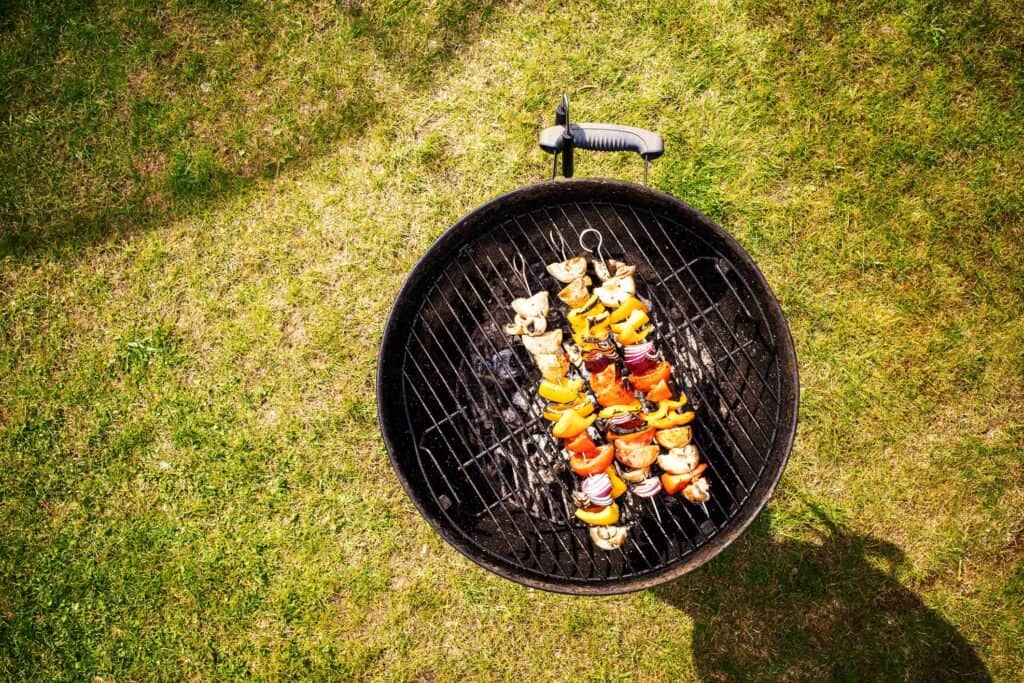
Eliminating Single-Use Plastics
Single-use plastics are one of the biggest contributors to environmental pollution, so cutting them out of your BBQ is a great way to make your event more sustainable. Start by eliminating plastic straws, cups, and cutlery. Instead, opt for reusable or compostable alternatives.
If you’re serving drinks, consider setting up a drink station with pitchers of water, lemonade, or iced tea, rather than offering individual plastic bottles or cans. Guests can use their own reusable cups, or you can provide compostable options.
For condiments, skip the individual packets and go for larger containers that can be shared. This not only reduces waste but also saves money in the long run.
Reusable and Biodegradable Options
When it comes to decorations, favors, and other party essentials, look for items that are either reusable or biodegradable. For example, instead of plastic tablecloths, use fabric ones that can be washed and reused. Mason jars make great, eco-friendly drinkware or candle holders, and they can be used again for future gatherings.
If you want to send guests home with a little something, consider giving them an edible favor, like homemade cookies or jam. Package these in reusable containers or paper bags rather than plastic.
For lighting, use solar-powered or LED string lights. Not only are these more energy-efficient, but they also create a cozy, inviting atmosphere for your outdoor BBQ.
Finally, don’t forget about your invitations. Digital invites are the most eco-friendly option, but if you prefer traditional paper, look for recycled paper or seed paper that guests can plant after the event.
Additional Sustainability Tips
While the main focus of your eco-friendly Thanksgiving BBQ will likely be on food, supplies, and waste reduction, there are a few more tips to consider for an even more sustainable event.
- Local and Organic Foods: Whenever possible, choose local and organic ingredients for your BBQ. This reduces the carbon footprint associated with transporting food and supports sustainable farming practices.
- Plant-Based Options: Incorporate more plant-based dishes into your menu. Plant-based foods generally have a lower environmental impact than meat, so adding some veggie burgers or grilled vegetables can help make your BBQ greener.
- Energy Conservation: If you’re hosting your BBQ in the evening, be mindful of your energy use. Turn off any non-essential lights, and use energy-efficient appliances whenever possible.
FAQs
Conclusion
Hosting a Thanksgiving BBQ doesn’t mean you have to sacrifice sustainability. With a few thoughtful choices, you can enjoy all the flavors of the season while being kind to the planet. From reducing food waste and choosing eco-friendly supplies to eliminating single-use plastics and aiming for zero waste, these tips will help you
create a BBQ that’s not only delicious but also eco-conscious. So, this Thanksgiving, let’s give thanks for good food, great company, and a healthier planet. Happy grilling!
Disclosure: Our blog contains affiliate links to products. We may receive a commission for purchases made through these links. However, this does not impact our reviews and comparisons. We try our best to keep things fair and balanced, in order to help you make the best choice for you.

